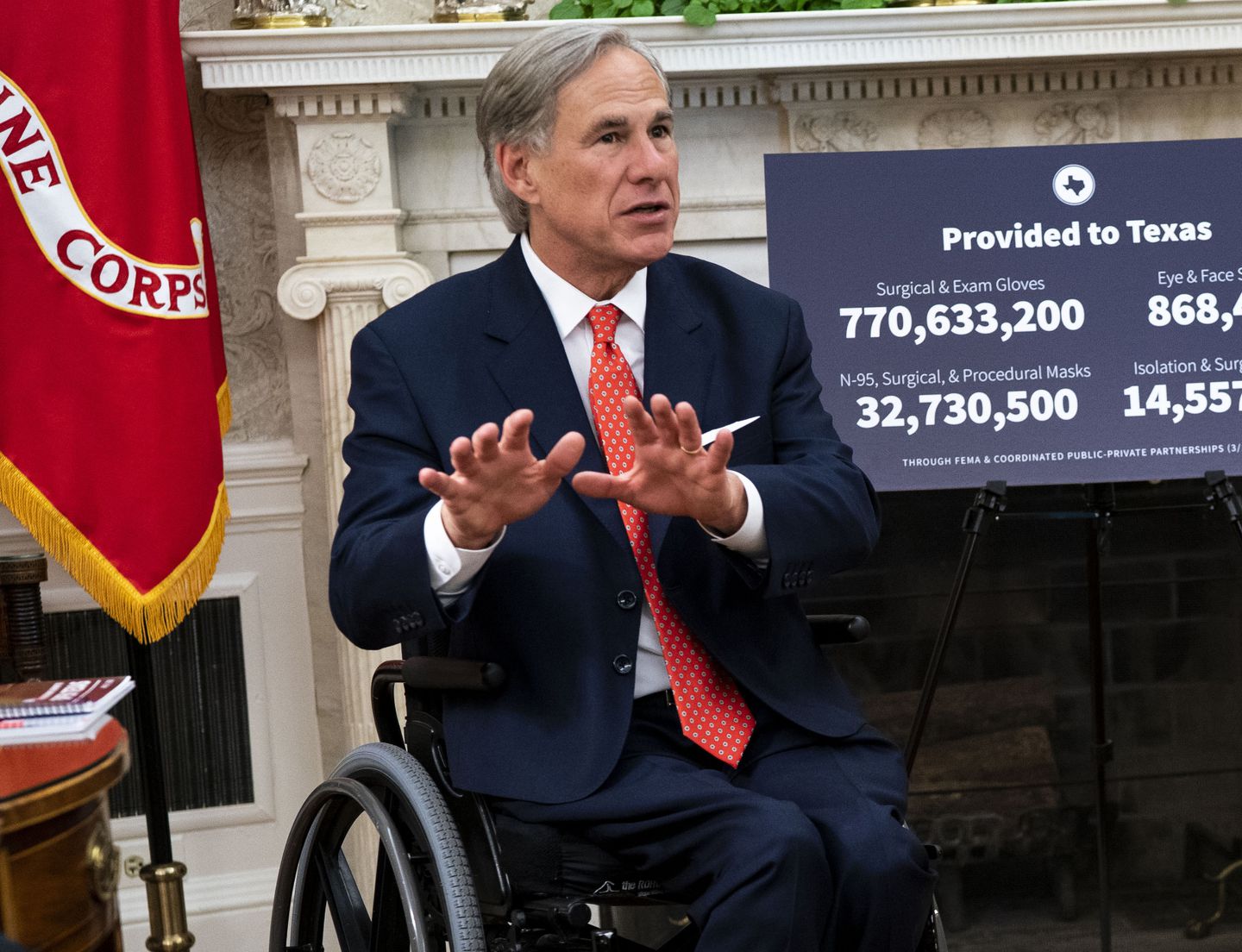Texas is standing up against political censorship online. In September the state passed a law that prohibits companies like Facebook and Twitter from ousting political viewpoints.
The Texas Tribune reported, The Texas House voted 78-42 on Thursday to back an amended version of House Bill 20, which the Senate passed in a 17-14 vote Tuesday. The legislation, now on its way to the governor’s desk, would require social media platforms like Twitter, Instagram and YouTube — those with more than 50 million monthly users in the U.S. — to produce regular reports of removed content, create a complaint system and disclose their content regulation procedures. (Update, Sept. 10: The governor signed HB 20 into law on Sept. 9.)
The bill would also allow users who are wrongly censored for their use of free speech to seek recourse for the action taken against them.
Briscoe Cain, a Texas state representative claims that such social media companies are best classified as “common carriers” a legal classification given to phone companies and cable providers that are barred from discriminating against their customers based on political viewpoint.
Social media companies have taken complete control over the popular narrative in America. Twitter for example censors any news stories that they feel might be a threat.
The Hunter Biden laptop story, that he himself admitted is likely true was censored. The link to the story was unable to be posted on the platform due to Twitter’s “privacy policy”. Twitter however had no issue allowing the baseless Donald Trump tax return story to circulate far and wide.
Of any organizations in this nation, it’s likely that Facebook, Twitter, YouTube, and Tik Tok had the largest influence over public opinion during the election.
The bill would not prohibit the companies from removing graphic or violent content. The platforms will be free to police posts that involve crime, sexual activity, and threats if violence but is constructed to protect users political speech.


